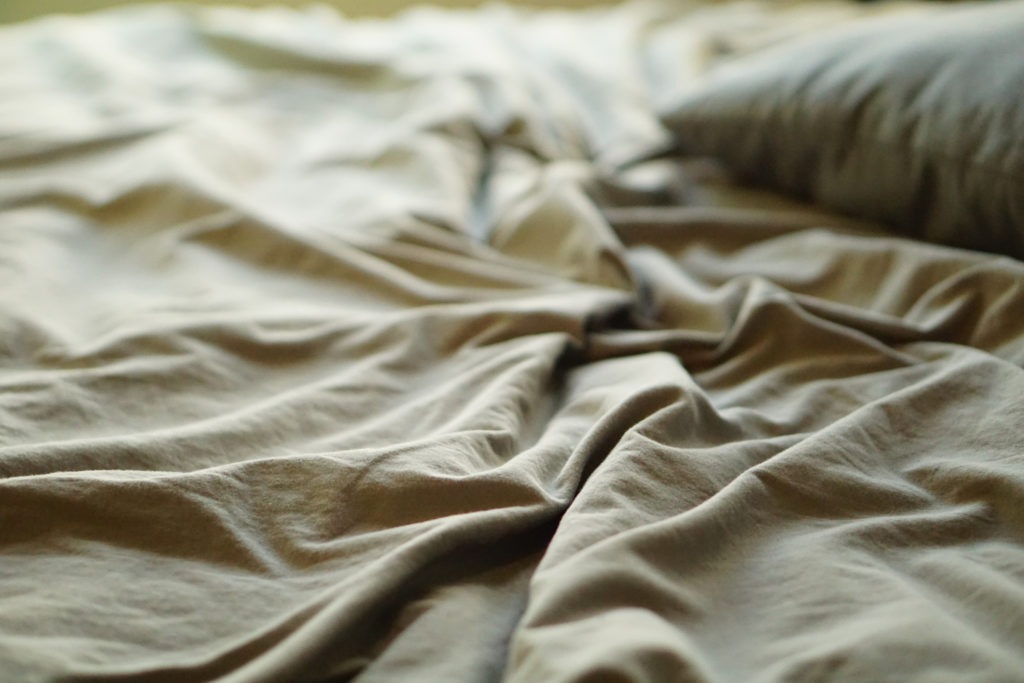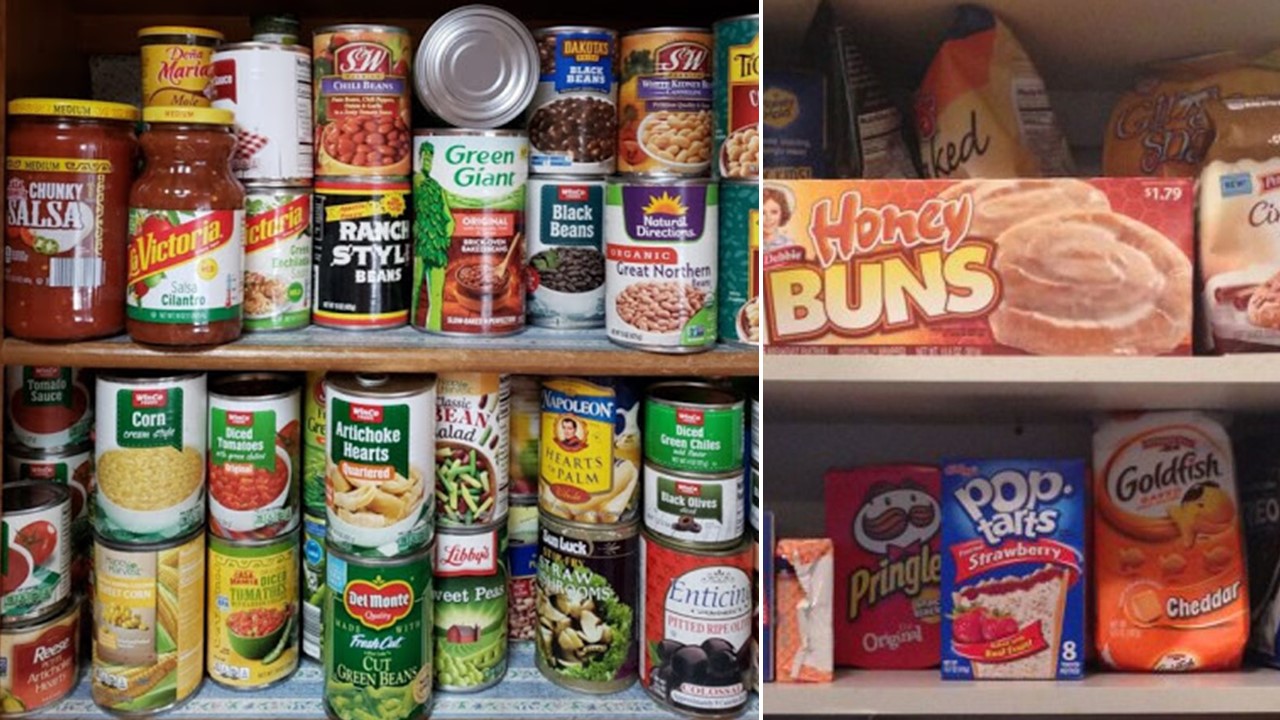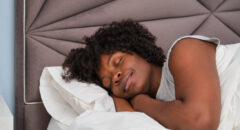
In the heat of the night, when your body’s temperature starts to rise and you seem to just soak up your sheets with sweat, you may chuck it off to too many covers being on your bed. But what if there was more to it than the obvious?
Night sweats are medically referred to as “sleep hyperhidrosis”. They are episodes of nighttime sweating, ranging from mild to profuse perspiration. Night sweats are very similar to hot flashes or vasomotor symptoms that can affect menopausal women during the waking hours, but there is a vast difference between the two.
Oftentimes, night sweats can be so intense that they interrupt a person’s sleep, which can affect many aspects of their daily life. Common symptoms of night sweats include sudden and intense heat, irregular heartbeat, nausea, flushing, chills, and headaches.
Women, in particular, can experience this most with menopause-related night sweats that range anywhere from mild to severe symptoms, varying in duration and happens most often during their usual sleeping hours.
So, if you’re not menopausal, what else could be the cause of your night sweats? Here are the facts.
Health Condition
Medical causes, such as diabetes, neurological conditions, sleep apnea, cancer, and thyroid disorder, can all contribute to night sweats. Consumption of hot or spicy foods and alcohol or caffeine also can also be triggers when it comes to night sweats.
RELATED: Night Sweats? Everything You Need to Know About BA.5 Symptoms
Infections
People who suffer from tuberculosis may experience night sweats as a side effect. However, tuberculosis isn't the only bacterial infection linked to night sweats, and others such as abscesses, osteomyelitis, and endocarditis may all cause night sweats too.
Emotions
Certain emotions can bring out the best or the worse in us. Emotion-based conditions like stress, anxiety and disturbing dreams can all contribute to night sweats. So, keep a close eye out on what is happening at the time most of your night sweats occur to pinpoint the cause.
RELATED: What Causes Night Sweats and How to Stop Them
Idiopathic Hyperhydrosis
This condition causes the human body to sweat excessively without an identifiable cause and unfortunately is often genetic.
Environment
Excess bedding, close proximity to your partner, hot rooms, warm weather, saunas, tubs, and hot showers all may attribute to night sweats.
Medications
Certain medications can cause night sweats in some people, and anti-depressants are the most common drug to cause it. Other drugs can also cause night sweats, such as diet pills, aspirin, and other non-prescription drugs.
RELATED: Night Sweats: Remedies That Work
Race
Studies have found that the prevalence of night sweats varies by race. One study found that three in four white women experience night sweats. Another found that Black women were more likely to have night sweats than white and Hispanic women put together. Yet, Asian women were the least likely to report night sweats.
So, what can you do about it?
Thankfully there are many simple ways of easing night sweats. Try keeping cold water at hand, wear moisture-wicking nightwear, lower the temperature of your home by using a fan or air conditioning, and avoid spicy foods and caffeine before bedtime. More drastic methods, such as hormone replacement therapy (HRT), are also possible treatment options for night sweats. However, make sure to talk to your doctor about more treatment options available.

Tia Muhammad, BS, is an award-winning freelance content & media creative, copywriter, blogger, digital designer, and marketing consultant. She owns the boutique content and digital media company, jackieGLDN|studio.








